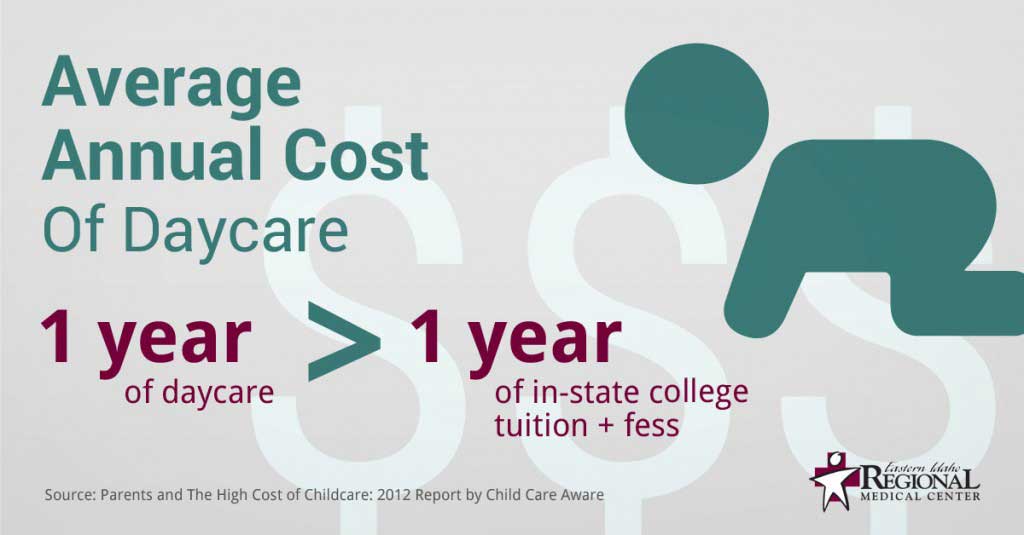That chubby face, the toothless smile, those cute little fingers and toes. You just can't get enough. You want another baby. Why wouldn't you? They're adorable.
But as adorable as they may be, babies are expensive. Add another baby to the mix, and you're talking through-the-roof expensive. Not to mention the h2 support system you'll need to help raise two kids.
So, before you make the leap to having a second baby, ask yourself the following 5 questions.
1. How Long Should You Wait?
It's recommended that you wait at least 12 months between each pregnancy to give your body enough time to fully recover, says the US Department of Health and Human Services (HHS).
Women who have another baby within 18 months of the first one are more likely to deliver prematurely, according to a June 2014 study in BJOG: An International Journal of Obstetrics & Gynaecology.
An early-term pregnancy occurs between 37 to 38 weeks, while a full-term pregnancy occurs between 39 to 40 weeks, says the American Congress of Obstetricians and Gynecologists (ACOG).
2. Should You Space Your Kids Apart?
Since the HHS suggests that you wait 12 months between each pregnancy, it should be a given that your kids will be a year or more apart in age.
Kids react differently to the prospect of having a sibling, depending on their age. Children between the ages of 1 and 2 probably won't understand what it means to have a sibling, but your excitement will rub off on them, says the American Academy of Pediatrics (AAP).
Children between the ages of 2 and 4 are highly attached to you and do not understand the concept of having to share you with a new baby.
Once children reach 5 years old, they tend not to feel threatened by the idea of a new baby, says the AAP. Although, they might be put off by the attention the new baby will receive.
3. Are You Ready Financially?
If you totaled up the costs of having kids, you'd probably never have one”let alone two or more. You'll need to be ready to support them for their entire lives. Not only do you have to worry about food and clothes, but you also have to consider the cost of school and daycare.
The average annual cost for a child is between $12,800 to $14,970, says the US Department of Agriculture.

Source: Parents and The High Cost of Childcare: 2012 Report by Child Care Aware
These numbers only increase as the child gets older and expenses grow. Let's add the cost of college into the mix, for example. Can you support two kids through college?
Start with creating a baby budget to cover all baby expenses. And after baby is born, open a college fund to start saving for the future.
4. Do You Have A h2 Support System?
Having a h2 support system in place is essential before having another kid. New moms with a lack of support could experience postpartum depression, says the ACOG.
A lot of times, family and even friends can help ease the financial burden. Parents can save money by having relatives watch after their kids instead of a daycare center.
Grandparents seem to be the biggest source of child care amongst relatives, especially for working moms, according to an April 2013 study in the US Census Bureau.
5. Are You Mentally Prepared For Two Kids?
Everyone can feel sad, stressed, worried, and anxious sometimes. But you need to be at your best mental health in order to consider adding to your family.
If negative feelings don't go away and start to interrupt your daily life, talk with your doctor or healthcare professional about how to manage this before pregnancy.
If you and your partner are ready to have another baby, schedule an appointment with an Eastern Idaho Regional Medical Center obstetrician/gynecologist for a preconception checkup appointment.
$webqFacilityNumber
Need a Physician?